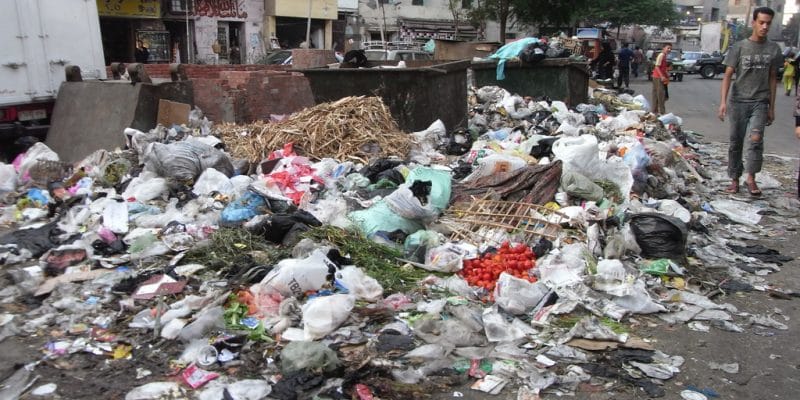The Council of Ministers recently approved a bill that focuses on the creation of a waste management regulatory authority. It comes at a time when the Egyptian government is preparing a waste management strategy.
The draft law has been approved by the Council of Ministers. It addresses the thorny issue of waste management in Egypt and aims to attract investment in the waste management sector. One of the articles of this text thus concerns the creation of a waste management regulatory authority.
Its main task will be to develop the national strategy for integrated waste management and to set up a national waste information and data management system. It should also establish regulations regarding controls, standards and guidelines for all stages of procurement. It will also participate in the evaluation of bids for municipal waste management services. Also at the local level, this new body should grant licences for any integrated non-hazardous waste management activity.
At the international level, the new authority will work to strengthen Egypt’s relations with other countries, as well as regional and international organisations in the field of waste management.
The draft law creating the waste management regulatory authority should then be validated by members of the House of Representatives. The establishment of this entity would be a further step towards achieving the ambitions of the country’s authorities to make Egypt a pioneer in waste management in North Africa.
The government is developing a comprehensive waste management strategy for municipalities across the country to achieve this. It is expected that this initiative will be implemented in 2020 and on a recurring basis in all Egyptian municipalities. The plan provides for the construction of infrastructure and the rehabilitation of landfills. In Egyptian cities, fixed and mobile stations will enable people to better manage their waste. The comprehensive solid waste management system includes the collection, sorting, transport and recycling as well as the development of a system for the treatment and disposal of hazardous and final waste.
Jean Marie Takouleu







